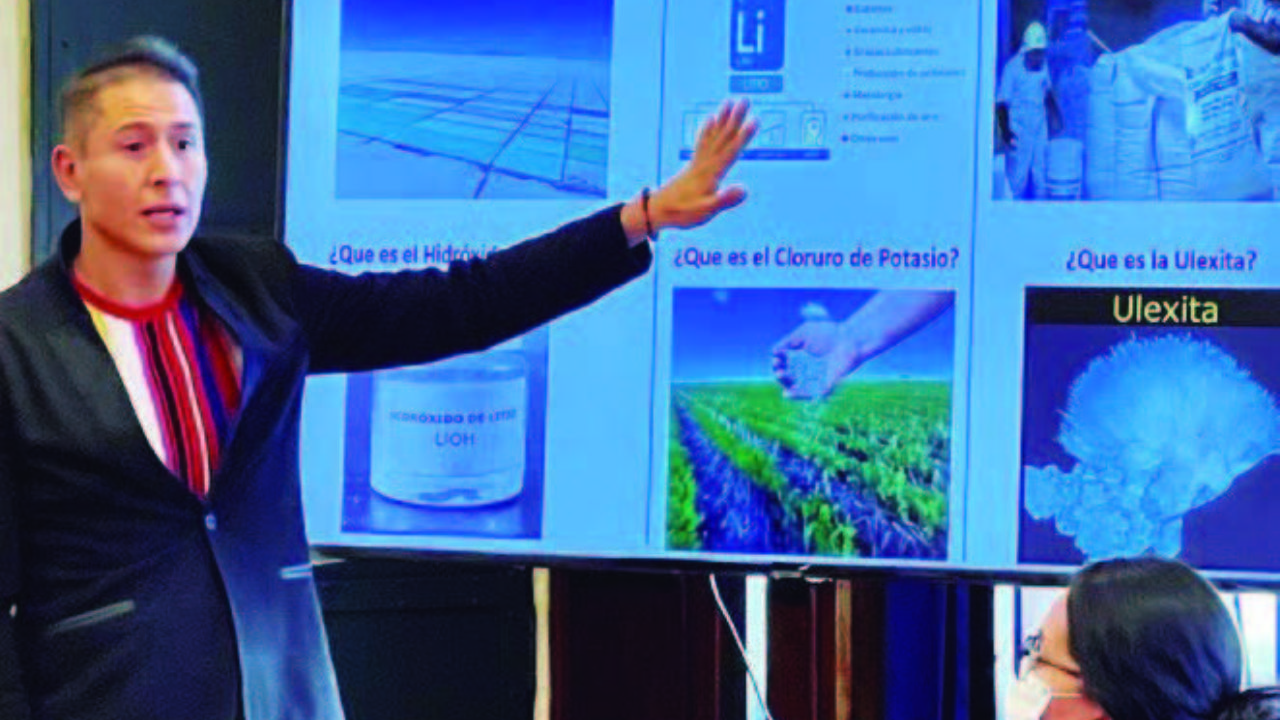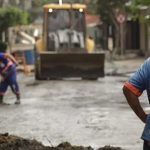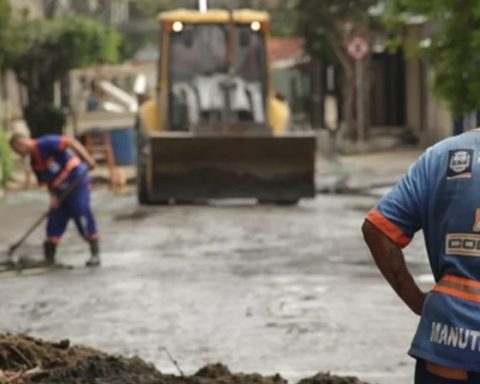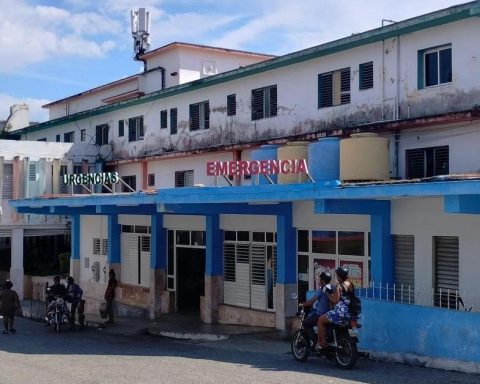Page Seven / La Paz
The Government hopes that in 2024 the resources that lithium can generate will be an economic pillar for the country, as the hydrocarbon sector currently is.
“We are planning for 2024 to be the year in which the fruit of the export of lithium carbonate, lithium hydroxide or cathodes is the year that is an economic pillar equal to or more than hydrocarbons,” said the Vice Minister of High Energy Technologies, Álvaro Arnez.
Bolivia ventured into the industrialization of these resources in 2013 through evaporation pools, which allowed it to start with the production of potassium chloride, lithium carbonate and even cathodes and lithium batteries on a pilot scale.
“We have an industrial potassium chloride plant and a semi-industrial carbonate plant in Llipi, Potosí, and in 2021 we have achieved record production and revenue from the sale of evaporite resources. At the end of this year we plan to inaugurate the lithium carbonate industrial-scale plant, which is already 76% physically advanced and will be able to produce 15,000 metric tons (MT) per year,” he said.
When this work is started, and with the current international prices per ton that exceed 60,000 dollars, it is expected to increase production and income.
Arnez recalled that this year it is planned to incorporate the technology of direct extraction of lithium (DLE), which allows accelerating and optimizing the industrialization process of this resource.
There are eight companies from China, Russia, the United States and Argentina that carry out pilot tests with brines from the Uyuni, Pastos Grandes and Coipasa salt flats, and the preliminary results of their samples with EDL application will be known at the end of April. The conclusive data will be at the end of May.


















